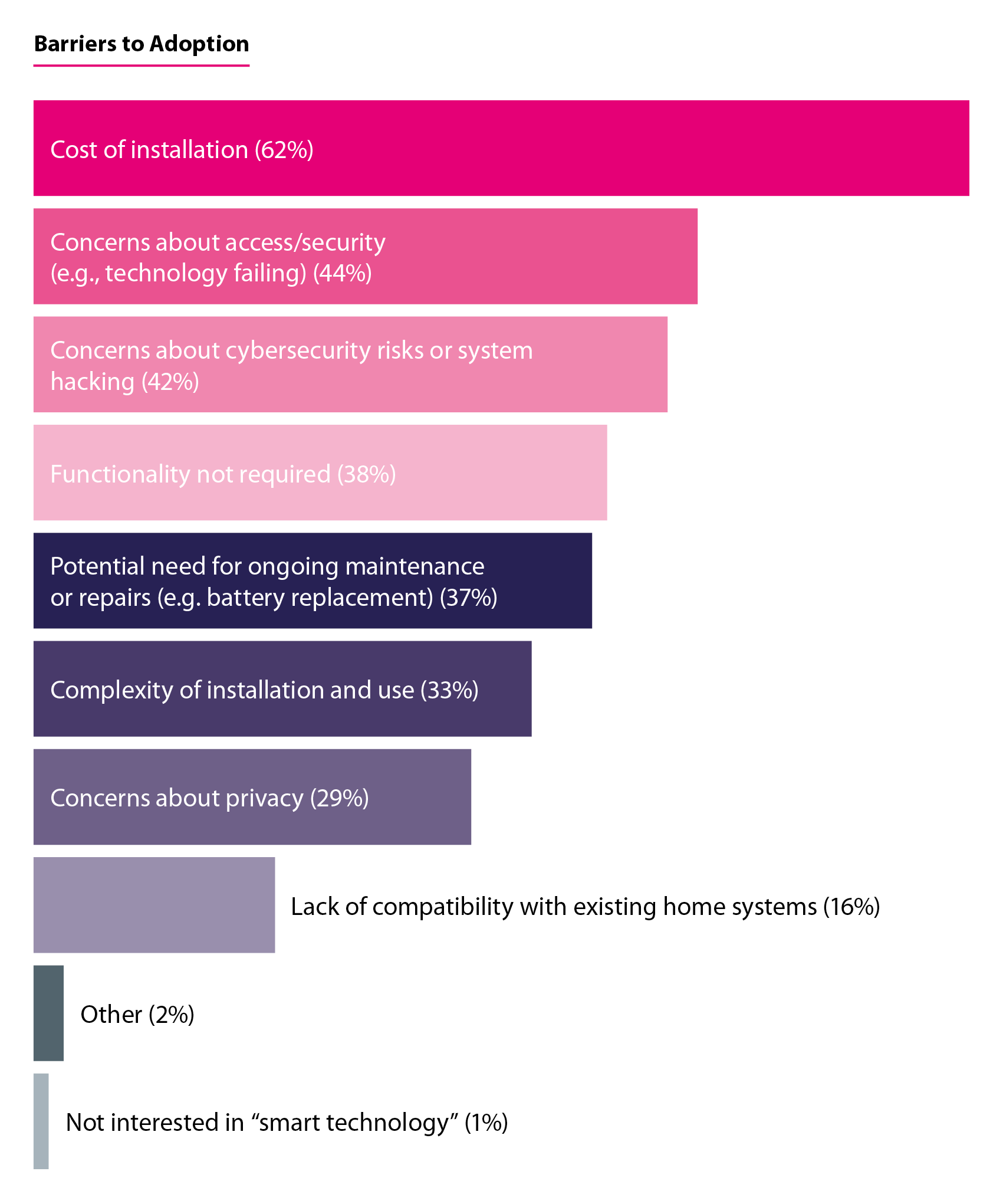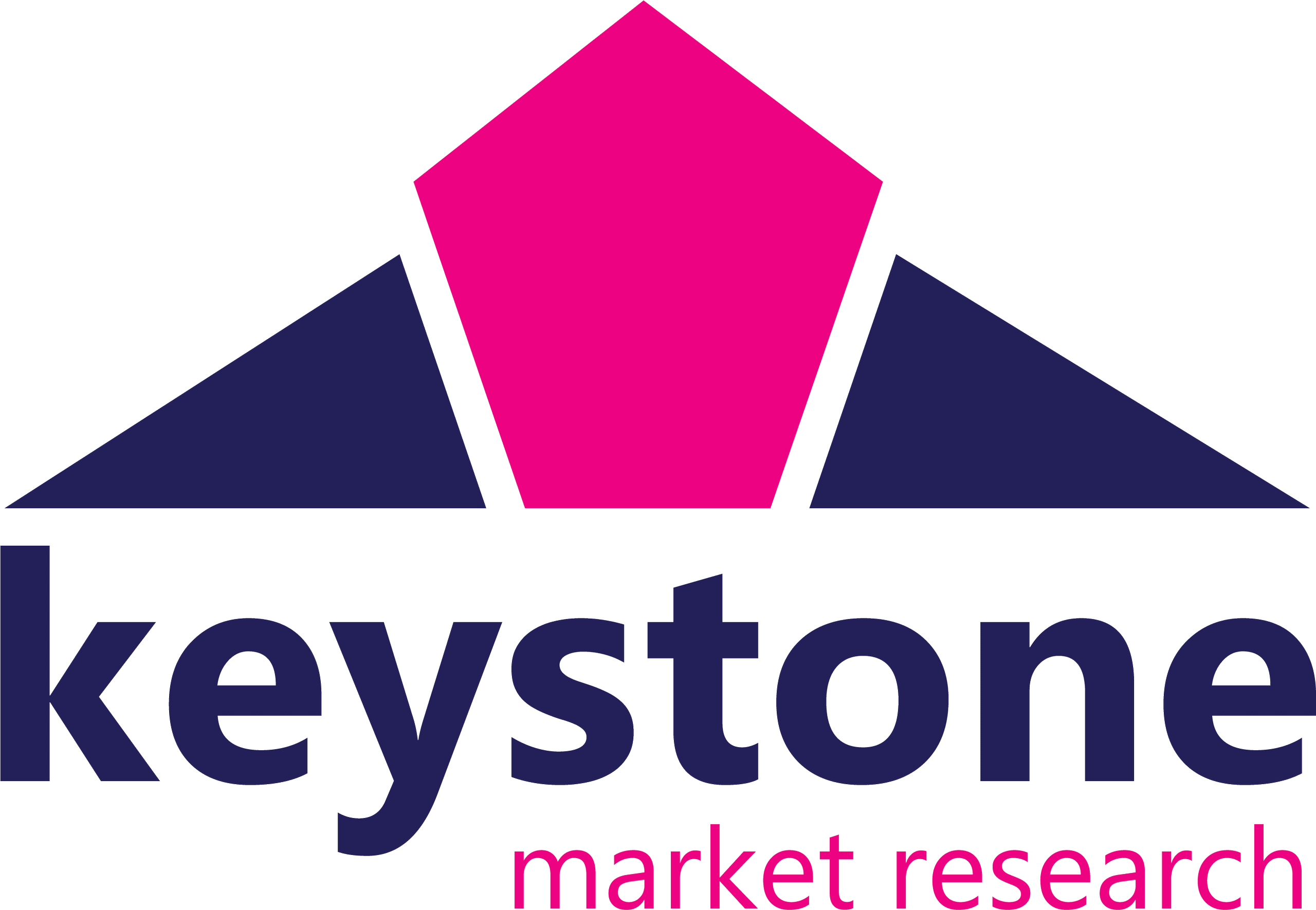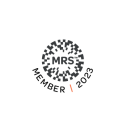Smart Home Technology: What do Homeowners Think?
Smart home technology has sparked significant industry interest, however homeowners consistently rank it as a low priority. For their latest consumer trends report, Keystone Market Research Director, Charlotte Hawkes, sought to find out why.
Open any fenestration industry magazine and it won’t take long before you see the words “smart home technology”. Touted as the next big thing, you’ve probably found yourself wondering if it’s worth looking into and adding to your offering. However, while this technology has attracted considerable attention within the industry, our findings this year have revealed that consumers remain hesitant. In our latest Consumer Fenestration Trends report, we dug deeper into the reasons behind this to find out what homeowners really think about smart home technology for windows and doors.
Barriers to Adoption
Our investigation revealed several
significant barriers that deter homeowners from embracing this technology. The largest obstacle to adoption is the perceived cost
of installation, cited by 62% of respondents. This expense, coupled with
worries about technology failure and cybersecurity risks—noted by 44% and 42%
of respondents, respectively—creates a challenging environment for adoption.
Many homeowners expressed scepticism about the necessity and reliability of
these systems, questioning whether the added complexity and potential
maintenance needs justifies the benefits. 
Some respondents are even deterred by the term "smart home technology” itself, highlighting that despite the industry's enthusiasm for the innovation, it isn’t currently compelling enough at a consumer level to drive widespread adoption without a concerted effort to educate homeowners on the practical benefits they offer.
Homeowner Profiles and Preferences
The report also indicates a clear demographic divide in interest levels. Younger, urban homeowners are more inclined towards smart home technology, particularly security features. In contrast, older and rural homeowners show less interest, mainly due to cost and reliability concerns. This emphasises how important it is to understand your target audience to help decide whether smart home technology could be an important addition to your company or not.
Looking Forward
Despite the identified challenges, there's potential for growth. The report also highlights which smart home features homeowners find most appealing and their preferred installation methods. By focusing on demonstrating the real-world benefits and offering user-friendly, integrated solutions, companies can build trust and value to overcome objections. With 59% of homeowners open to considering smart home technology, the market holds substantial opportunity.
For more detailed insights and a
comprehensive understanding of the current homeowner landscape, our latest
Summer Consumer Fenestration Trends report is now available for purchase. The
report uncovers more about the potential for smart home technology, the
homeowner profiles most likely to adopt it, and actionable strategies for
overcoming the barriers to adoption. Visit www.keystonemr.co.uk/marketreports to learn more and secure your copy.








